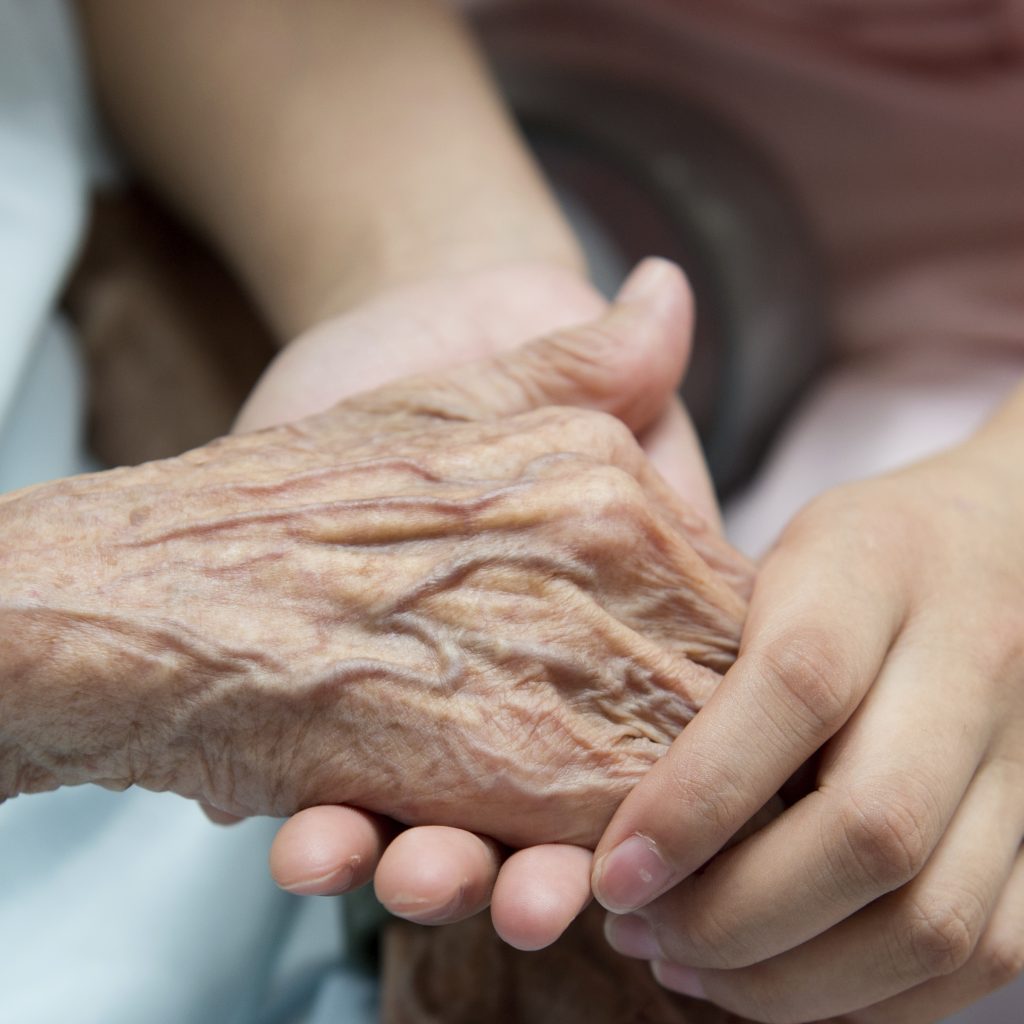
The City of Independence, Ohio provides a welcome packet to new residents. Among the services and amenities detailed is a program called “25 & Alive,” designed to help parents get their children through this obstacle course called life until they reach 25. The brochure describes the “science” behind the goal of getting your kid beyond that number: “The human brain takes 25 years to fully develop. The area responsible for judgment and decision-making matures last. Some teenagers are convinced they will not suffer the consequences of destructive behavior. This is known as the invincibility fable.”
That’s a fable that fuels almost every book of the Bible. Read far enough into any of them and you’ll wonder how anyone reached the fabled four-score and ten years Psalm 90 states as humanity’s normal span (80 if we’re extra-strong). Finish that psalm and you may conclude, what’s the purpose of living?
“Most of [those years] are toil and sorrow,” the psalmist laments. “They pass quickly, and we are gone.”
Then the psalmist adds this little prayer, which explains the rationale behind programs like 25 & Alive:
Teach us to count our days aright, that we may gain wisdom of heart.
Wisdom is the secret behind true invincibility. That’s why the Bible has a book devoted to it. It’s the key not only to long life, but to quality of life.
As beautiful as that book is, if you’re pressed for time, fast-forward to the New Testament and see what Jesus says in the very section of Matthew we read at this Sunday’s masses (MT 22:34-40). He boils the secret of living with our neighbors down from the 613 commandments detailed in the book of Exodus to just two: Love God and love your neighbor as yourself.
“The whole law and the prophets depend on these two commandments,” he told the Pharisees.
He said love your neighbor AS yourself. But what if we don’t love even ourselves? Then we can’t love God OR neighbor. Maybe that’s why there are so many more than 10 commandments in Exodus—some even dealing with how to treat your slaves. But the section which is Sunday’s first reading applies as well to 21st century audiences as it did to the ancient Israelites because alienation has always been humanity’s most wounding weapon (EX 22:20-26):
“You shall not molest or oppress an alien, for you were once aliens yourselves in the land of Egypt. You shall not wrong any widow or orphan. If ever you wrong them and they cry out to me, I will surely hear their cry.”
A family founded on Wisdom knows the shelter of God’s love, and His commandments are written in their hearts. Such families can turn aliens into neighbors, as Christ’s disciples did in the communities they served. St. Paul acknowledged this in his letter to the Thessalonians, from which we also read this Sunday (1 THES 1:5C-10):
You became imitators of us and of the Lord, receiving the word in great affliction, with joy from the Holy Spirit, so that you became a model for all the believers.
Love is balm that heals all afflictions. Lives started without it can waste away quickly with each new wound life inflicts. God made our flesh to be wounded, but in His wisdom, He designed it to heal. The healing process builds OUR wisdom so we can apply His love to neighbors hoping for healing. Keeping that cycle going keeps the human neighborhood alive.
–Tom Andel